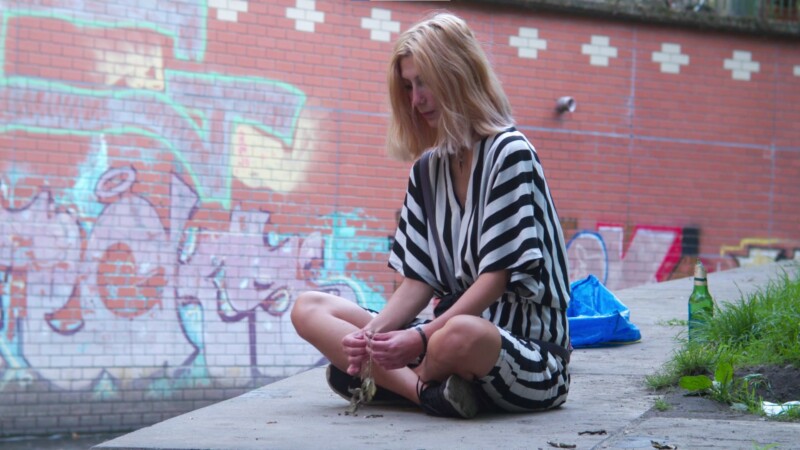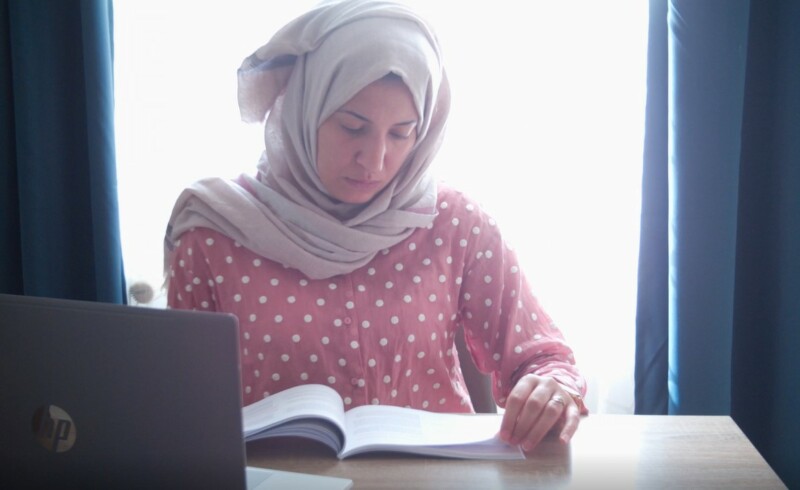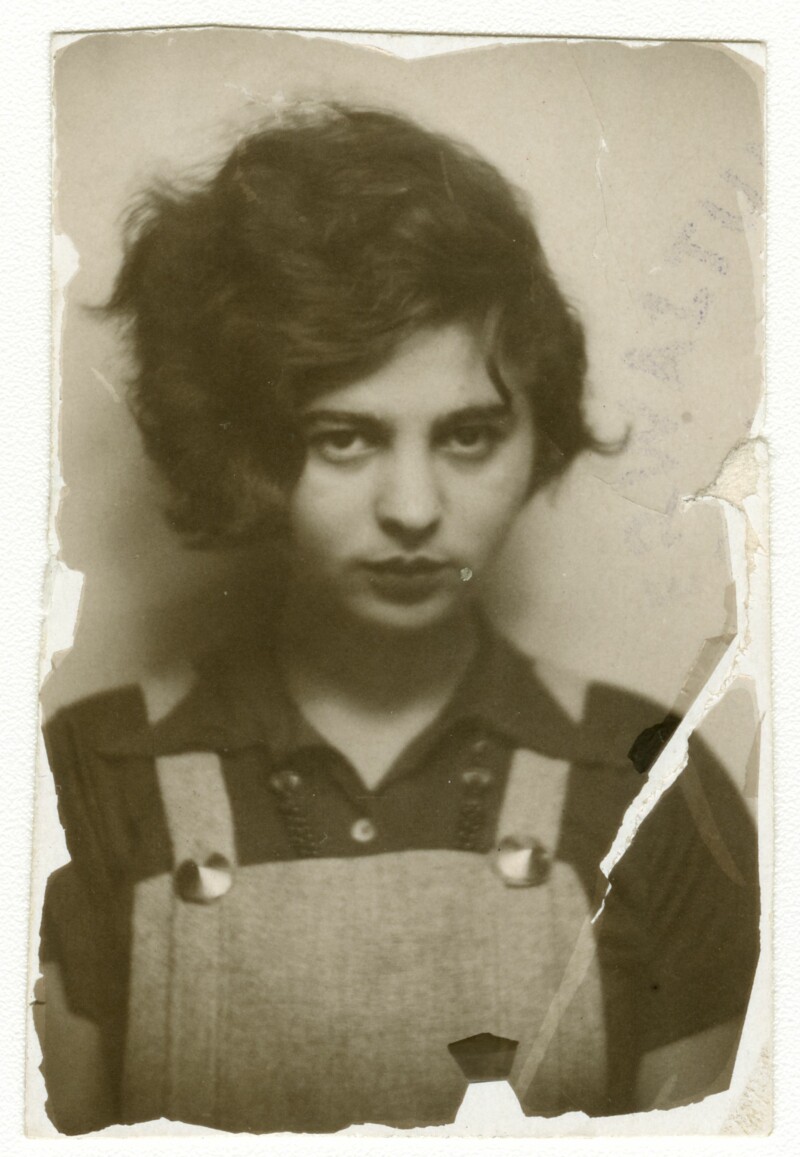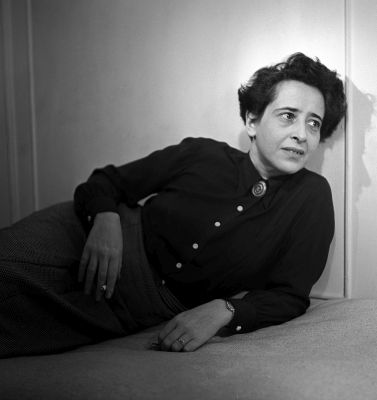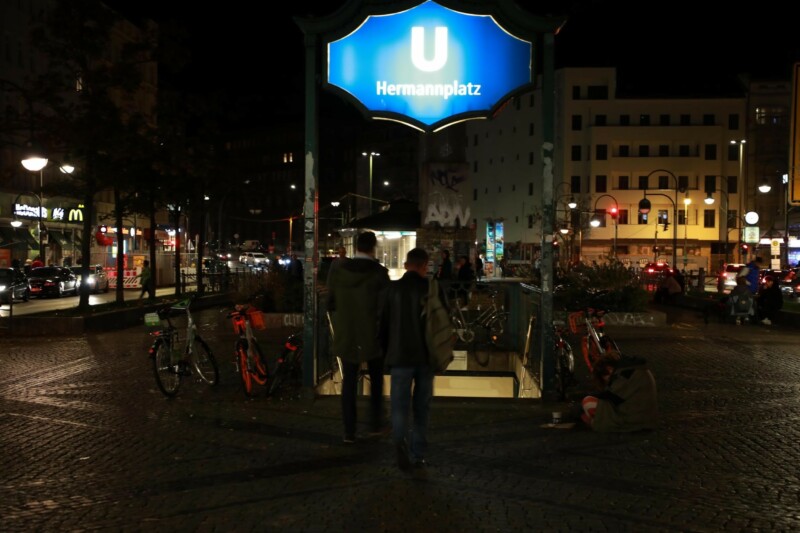Über seinen Namen wird er auffällig – Weil andere ihn über seinen Namen zu begreifen meinen. In fernen Ländern schneidet manch ein Geflüchteter dem eigenen Namen einige Konsonanten ab. Ankommen setzt voraus, für die einfache Aussprache des eigenen Namens zu sorgen. Oder sich mit einer anderen Aussprache abzufinden. Sich daran zu gewöhnen. Um seinen Namen nicht gänzlich zu verlieren. […]
Der Geflüchtete muss nicht über alle Maße fremdeln, um seiner selbst verlustigt zu gehen. Er muss sich nicht verlaufen, um sich zu verirren. […] Während er sich eingliedert, ergo in Reih und Glied steht, bemüht, nicht aufzufallen, krampfhaft konzentriert, nicht aus der Reihe zu tanzen, sehnt er sich nach Ankunft, der Utopie aller Geflüchteten.
Through his name he becomes conspicuous – because others think they can grasp him by his name. In distant countries, some refugees cut off some consonants from their own name. Arriving requires that you secure a simple pronunciation of your name. Or to put up with another pronunciation. Getting used to it. In order not to be losing your name completely. […]
The refugee doesn’t have to be a stranger to the fullest extent to lose himself. He does not have to lose his way to get lost. […] While he integrates himself, ergo standing in line, trying not to attract attention, frantically concentrated, not dancing out of line, he longs for arrival, the utopia of all refugees.
In 1971, shortly before he started school, Ilja Trojanow’s (*1965) parents fled with him from Bulgaria via Yugoslavia and Italy to Germany, where they were granted political asylum in Munich. Later he lived in Kenya, Germany, India, Austria and other countries. In his writing and translating, Trojanow deals with his experiences of flight and migration: he tells of loneliness, life between languages, and how the past is lost in the eyes of the others at the place of arrival, how one lies to those who stayed at home about the happiness one has not found.
In May 2017, the essay “Nach der Flucht” (“After the flight”) will be published, in which this text also takes part in a topography of life after flight. He describes discrimination based on names, the danger of losing oneself in the process of assimilation, and about the “utopia” of arrival.
Trojanow, Ilija, 2017: Nach der Flucht. S. Fischer Verlag: Frankfurt am Main, p. 16-17.
Translation into English © Minor Kontor.
